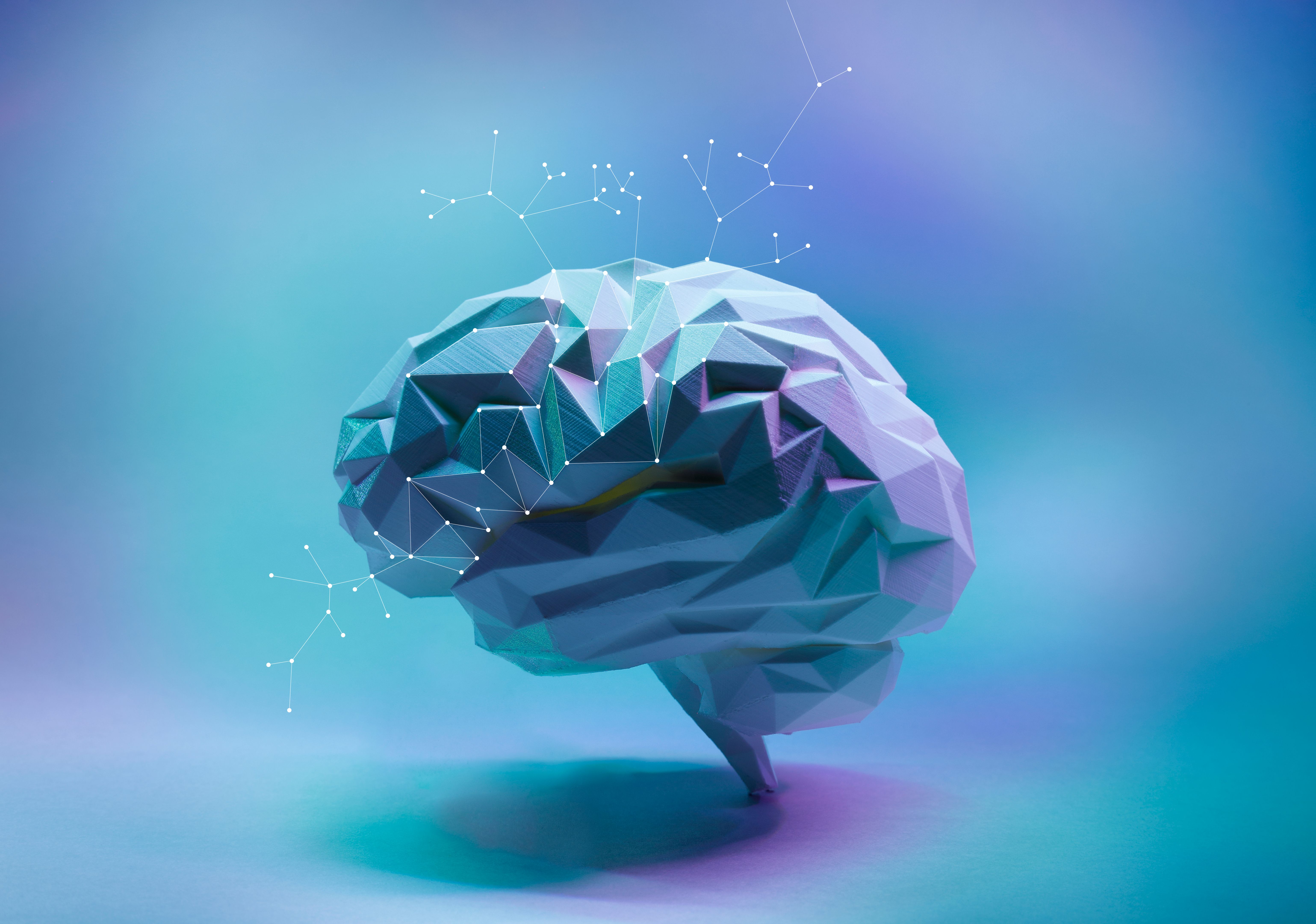The Digital Revolution's Impact on Education and Society
The Digital Revolution in Education
The digital revolution has profoundly transformed the landscape of education, providing unprecedented access to information and learning resources. With the advent of the internet and digital technologies, students and educators are no longer confined to traditional classroom settings. This shift has created a more dynamic and inclusive learning environment.
Online platforms and educational apps have made it possible for students to learn at their own pace, catering to diverse learning styles and needs. The use of multimedia tools enhances engagement and comprehension, offering interactive experiences that bring subjects to life.

Accessibility and Inclusivity
One of the most significant impacts of the digital revolution is increased accessibility to education. Online courses and resources remove geographical barriers, allowing learners from remote or underserved areas to access quality education. This democratization of knowledge is leveling the playing field, providing opportunities for lifelong learning.
Moreover, technology supports students with disabilities through adaptive learning tools and resources. For instance, text-to-speech software and screen readers assist visually impaired learners, ensuring that education is inclusive and equitable for all.

The Societal Impacts of Digital Learning
The influence of digital education extends beyond individual learners, affecting society as a whole. As more people gain access to education, the skill level of the workforce improves, driving economic growth and innovation. This shift fosters a culture of continuous learning and adaptability, essential in today's rapidly changing world.
Furthermore, digital education promotes global collaboration. Students from different cultures can connect and work together on projects, fostering mutual understanding and breaking down cultural barriers. This global perspective is crucial for addressing complex international challenges.

Challenges and Considerations
Despite its many benefits, the digital revolution in education also presents challenges. The digital divide remains a significant issue, with disparities in access to technology and internet connectivity. Efforts must be made to ensure that all students have the tools necessary to participate fully in digital learning environments.
Additionally, there are concerns about screen time and its impact on students' health and well-being. It is essential for educators and parents to strike a balance between digital and offline activities to promote a holistic approach to learning.
The Future of Education in the Digital Age
Looking ahead, the potential for further innovation in digital education is vast. Emerging technologies such as artificial intelligence, virtual reality, and augmented reality hold promise for creating even more immersive and personalized learning experiences.
The integration of these technologies into educational practices will continue to evolve, requiring ongoing research and adaptation by educators. As society embraces these changes, it is crucial to remain mindful of ethical considerations and strive for equitable access for all learners.
